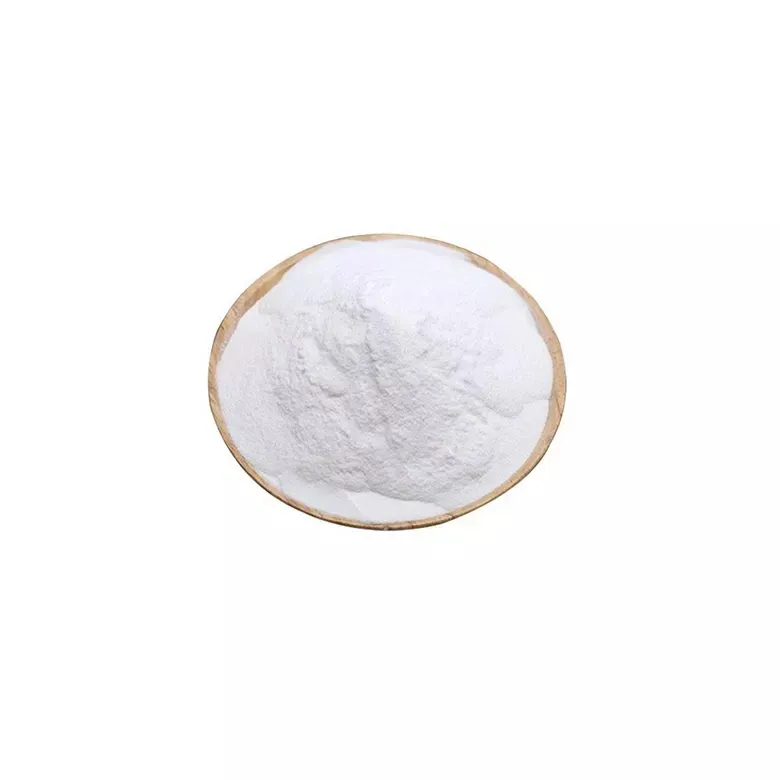Warning: Undefined array key "title" in /home/www/wwwroot/HTML/www.exportstart.com/wp-content/themes/1198/header.php on line 6
Warning: Undefined array key "file" in /home/www/wwwroot/HTML/www.exportstart.com/wp-content/themes/1198/header.php on line 7
Warning: Undefined array key "title" in /home/www/wwwroot/HTML/www.exportstart.com/wp-content/themes/1198/header.php on line 7
Warning: Undefined array key "title" in /home/www/wwwroot/HTML/www.exportstart.com/wp-content/themes/1198/header.php on line 7
- Afrikaans
- Albanian
- Amharic
- Arabic
- Armenian
- Azerbaijani
- Basque
- Belarusian
- Bengali
- Bosnian
- Bulgarian
- Catalan
- Cebuano
- China
- China (Taiwan)
- Corsican
- Croatian
- Czech
- Danish
- Dutch
- English
- Esperanto
- Estonian
- Finnish
- French
- Frisian
- Galician
- Georgian
- German
- Greek
- Gujarati
- Haitian Creole
- hausa
- hawaiian
- Hebrew
- Hindi
- Miao
- Hungarian
- Icelandic
- igbo
- Indonesian
- irish
- Italian
- Japanese
- Javanese
- Kannada
- kazakh
- Khmer
- Rwandese
- Korean
- Kurdish
- Kyrgyz
- Lao
- Latin
- Latvian
- Lithuanian
- Luxembourgish
- Macedonian
- Malgashi
- Malay
- Malayalam
- Maltese
- Maori
- Marathi
- Mongolian
- Myanmar
- Nepali
- Norwegian
- Norwegian
- Occitan
- Pashto
- Persian
- Polish
- Portuguese
- Punjabi
- Romanian
- Russian
- Samoan
- Scottish Gaelic
- Serbian
- Sesotho
- Shona
- Sindhi
- Sinhala
- Slovak
- Slovenian
- Somali
- Spanish
- Sundanese
- Swahili
- Swedish
- Tagalog
- Tajik
- Tamil
- Tatar
- Telugu
- Thai
- Turkish
- Turkmen
- Ukrainian
- Urdu
- Uighur
- Uzbek
- Vietnamese
- Welsh
- Bantu
- Yiddish
- Yoruba
- Zulu
Dec . 26, 2024 08:53 Back to list
Understanding the Role of Propylene Glycol in Antifreeze Solutions and Their Applications
Understanding Propylene Glycol and Its Role in Antifreeze Applications
Propylene glycol, a synthetic organic compound with the chemical formula C3H8O2, is a colorless, odorless liquid that has gained significant popularity in various industries due to its properties as a humectant, solvent, and preservative. It is derived from petroleum and is often referred to as propane-1,2-diol. While it has numerous applications, one of its most critical roles is in the formulation of antifreeze products, which are essential for maintaining optimal performance and longevity in vehicles and machinery.
Antifreeze, commonly used in automotive cooling systems, prevents the freezing of engine coolant in low temperatures and raises the boiling point of the liquid to avoid overheating. The most widely used antifreeze solutions are based on either ethylene glycol or propylene glycol. Although both serve similar functions, propylene glycol has several advantages that make it particularly appealing in certain applications.
One of the key reasons propylene glycol is favored in many sectors is its non-toxic nature. Unlike ethylene glycol, which is highly toxic to both humans and animals, propylene glycol has been recognized by the U.S. FDA as “generally recognized as safe” (GRAS). This makes it an ideal choice for use in environments where food and beverages are processed, as well as in applications involving pets and livestock. For this reason, propylene glycol-based antifreeze is often marketed as being more environmentally friendly and safer for use around children and animals.
In automotive applications, propylene glycol antifreeze solutions provide excellent protection against corrosion for metal components within the engine cooling system. It effectively reduces the chances of rust and scale formation, which can lead to extensive damage if left unchecked. Furthermore, propylene glycol has a higher boiling point than ethylene glycol, which can provide additional safety margins in high-temperature conditions commonly experienced in engines.
propylene glycol and antifreeze

Propylene glycol has other applications beyond automotive uses. In industrial settings, it is utilized in HVAC systems, where it serves as a heat transfer fluid. Its unique properties allow it to perform effectively in a range of temperatures, making it suitable for both heating and cooling systems. Additionally, propylene glycol is widely used in the production of hydraulic fluids due to its stability and resistance to degradation.
Another noteworthy application of propylene glycol is in the production of antifreeze for recreational vehicles, such as snowmobiles and watercraft. In these situations, the antifreeze must be capable of enduring harsh conditions, including extreme cold and varying atmospheric pressures. Propylene glycol antifreeze solutions meet these demanding requirements while ensuring the safety of users, as they are less likely to cause harm if leaks or spills occur.
Moreover, the adoption of propylene glycol is gaining traction in various other sectors, including food processing, pharmaceuticals, and cosmetics. As consumers become increasingly aware of the importance of safety and environmental considerations, the trend toward using safer and more sustainable chemicals will likely continue to grow.
In conclusion, propylene glycol serves many critical functions, particularly in the formulation of antifreeze products. Its non-toxic nature, excellent thermal properties, and versatility make it an indispensable component in various applications. As industries increasingly prioritize safety and environmental sustainability, propylene glycol is poised to play an even more significant role in antifreeze formulations and beyond. Its balance of effectiveness and safety positions it as a favorable choice in a wide array of settings, assuring both performance and peace of mind for users worldwide.
Latest news
-
Certifications for Vegetarian and Xanthan Gum Vegetarian
NewsJun.17,2025
-
Sustainability Trends Reshaping the SLES N70 Market
NewsJun.17,2025
-
Propylene Glycol Use in Vaccines: Balancing Function and Perception
NewsJun.17,2025
-
Petroleum Jelly in Skincare: Balancing Benefits and Backlash
NewsJun.17,2025
-
Energy Price Volatility and Ripple Effect on Caprolactam Markets
NewsJun.17,2025
-
Spectroscopic Techniques for Adipic Acid Molecular Weight
NewsJun.17,2025

